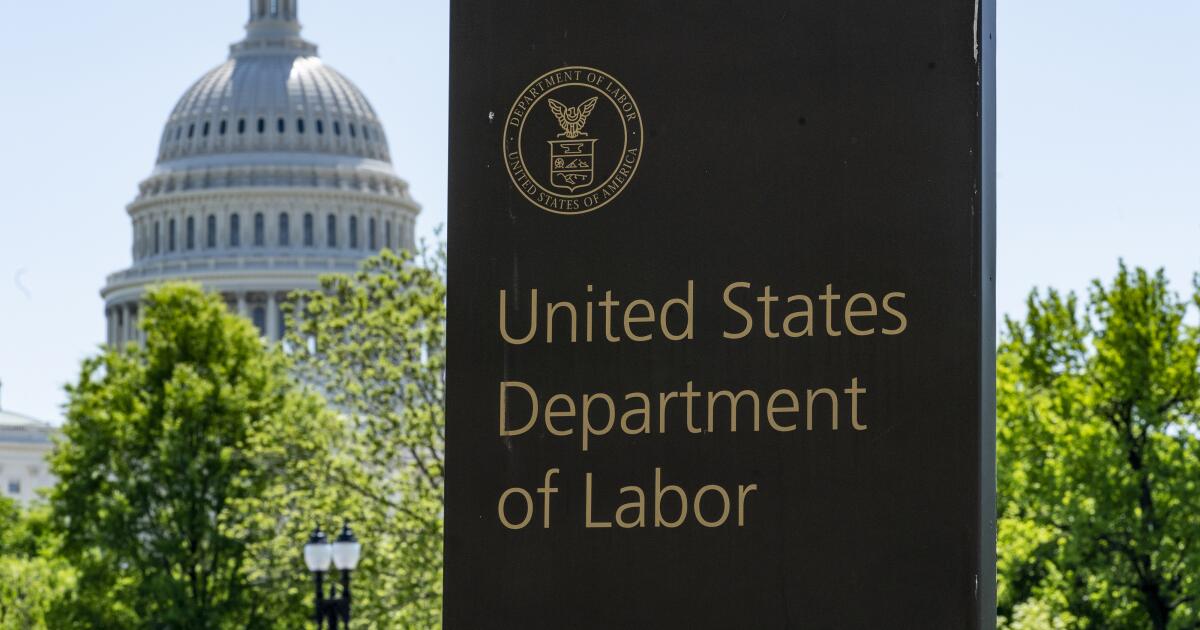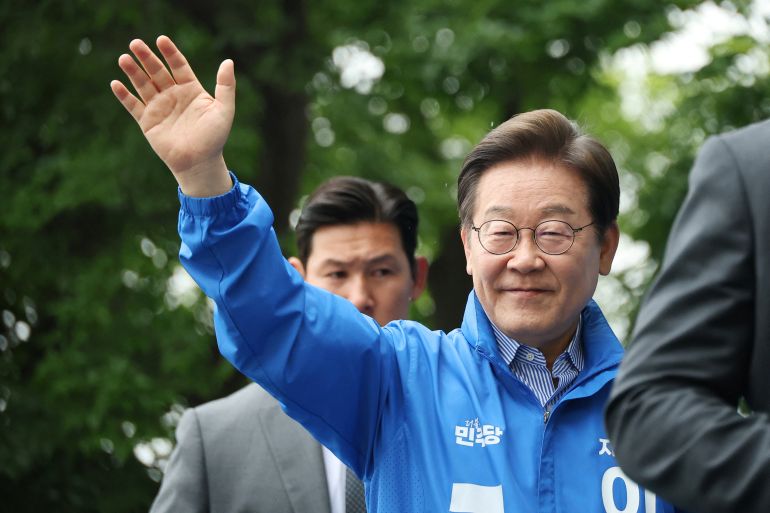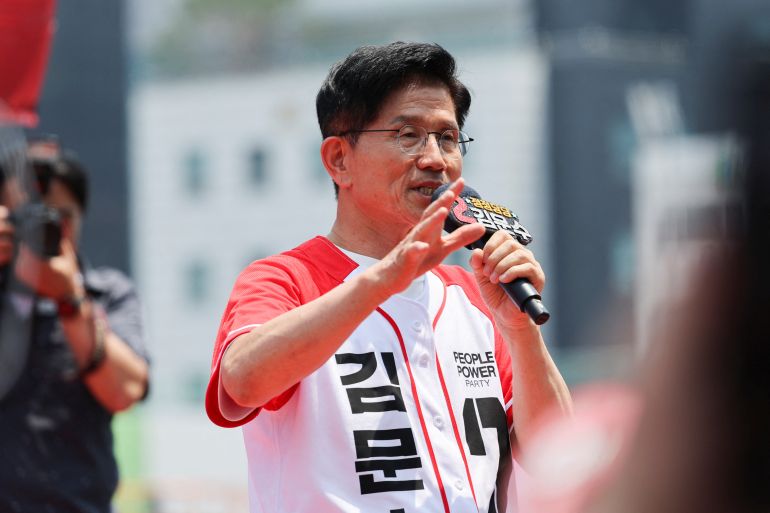Economists question Trump labor statistics nominee’s credentials
WASHINGTON — The director of the agency that produces the nation’s jobs and inflation data is typically a mild-mannered technocrat, often with extensive experience in statistical agencies, with little public profile.
But like so much in President Trump’s second administration, this time is different.
Trump has selected E.J. Antoni, chief economist at the conservative Heritage Foundation, to be the next commissioner at the Labor Department’s Bureau of Labor Statistics. Antoni’s nomination was quickly met with a cascade of criticism from other economists, from across the political spectrum.
His selection threatens to bring a new level of politicization to what for decades has been a nonpartisan agency widely accepted as a producer of reliable measures of the nation’s economic health. Although many former Labor Department officials say it is unlikely Antoni will be able to distort or alter the data, particularly in the short run, he could change the currently dry-as-dust way it is presented.
Antoni was nominated by Trump after the BLS released a jobs report Aug. 1 that showed that hiring had weakened in July and was much lower in May and June than the agency had previously reported. Trump, without evidence, charged that the data had been “rigged” for political reasons and fired the then-BLS chair, Erika McEntarfer, much to the dismay of many within the agency.
Antoni has been a vocal critic of the government’s jobs data in frequent appearances on podcasts and cable TV. His partisan commentary is unusual for someone who may end up leading the BLS.
For instance, on Aug. 4 — a week before he was nominated — Antoni said in an interview on Fox News Digital that the Labor Department should stop publishing the monthly jobs reports until its data collection processes improve, and rely on quarterly data based on actual employment filings with state unemployment offices.
The monthly employment reports are probably the closest-watched economic data on Wall Street, and can frequently cause swings in stock prices.
When asked at Tuesday’s White House briefing whether the jobs report would continue to be released, Press Secretary Karoline Leavitt said the administration hoped it would be.
“I believe that is the plan and that’s the hope,” Leavitt said.
Leavitt also defended Antoni’s nomination, calling him an “economic expert” who has testified before Congress and adding that “the president trusts him to lead this important department.”
Yet Antoni’s TV and podcast appearances have created more of a portrait of a conservative ideologue than a careful economist who considers trade-offs and prioritizes getting the math correct.
“There’s just nothing in his writing or his resume to suggest that he’s qualified for the position, besides that he is always manipulating the data to favor Trump in some way,” said Brian Albrecht, chief economist at the International Center for Law and Economics.
Antoni wrongly claimed in the last year of Biden’s presidency that the economy had been in recession since 2022; called on the entire Federal Reserve board to be fired for not earning a profit on its Treasury securities holdings; and posted a chart on social media that conflated timelines to suggest inflation was headed to 15%.
His argument that the U.S. was in a recession rested on a vastly exaggerated measure of housing inflation, based on newly purchased home prices, to artificially make the nation’s gross domestic product appear smaller than it was.
“This is actually maybe the worst Antoni content I’ve seen yet,” Alan Cole of the center-right Tax Foundation said on social media, referring to his recession claim.
On a 2024 podcast, Antoni wanted to sunset Social Security payments for workers paying into the system, saying that “you’ll need a generation of people who pay Social Security taxes but never actually receive any of those benefits.” As head of the BLS, Antoni would oversee the release of the consumer price index by which Social Security payments are adjusted for inflation.
Many economists share, to some degree, Antoni’s concerns that the government’s jobs data have flaws and are threatened by trends such as declining response rates to its surveys. The drop has made the jobs figures more volatile, though not necessarily less accurate over time.
“The stock market moves clearly based on these job numbers, and so people with skin in the game think it’s telling them something about the future of their investments,” Albrecht said. “Could it be improved? Absolutely.”
Katharine Abraham, an economist at the University of Maryland who was BLS commissioner under President Clinton, said updating the jobs report’s methods would require at least some initial investment.
The government could use more modern data sources, she said, such as figures from payroll processing companies, and fill in gaps with surveys.
“There’s an inconsistency between saying you want higher response rates and you want to spend less money,” she said, referring to the administration’s proposals to cut BLS funding.
Still, Abraham and other former BLS commissioners don’t think Antoni, if confirmed, would be able to alter the figures. But he could push for changes in the monthly news release and seek to portray the numbers in a more positive light.
William Beach, who was appointed BLS commissioner by Trump in his first term and also served under Biden, said he is confident that BLS procedures are strong enough to prevent political meddling. He said he didn’t see the figures himself until two days before publication when he served as commissioner.
“The commissioner does not affect the numbers,’’ Beach said. “They don’t collect the data. They don’t massage the data. They don’t organize it.”
Regarding the odds of rigging the numbers, Beach said, “I wouldn’t put it at complete zero, but I’d put it pretty close to zero.’’
It took about six months after McEntarfer was nominated in July 2023 for her to be approved. Antoni will probably face stiff opposition from Democrats, but that may not be enough to derail his appointment.
Sen. Patty Murray, a senior Democrat from Washington, on Tuesday slammed Antoni as “an unqualified right-wing extremist” and demanded that the Republican chair of the Senate Health, Education, Labor and Pensions Committee, Sen. Bill Cassidy of Louisiana, hold a confirmation hearing for him.
Rugaber and Boak write for the Associated Press. AP writers Paul Wiseman and Stephen Groves contributed to this report.




